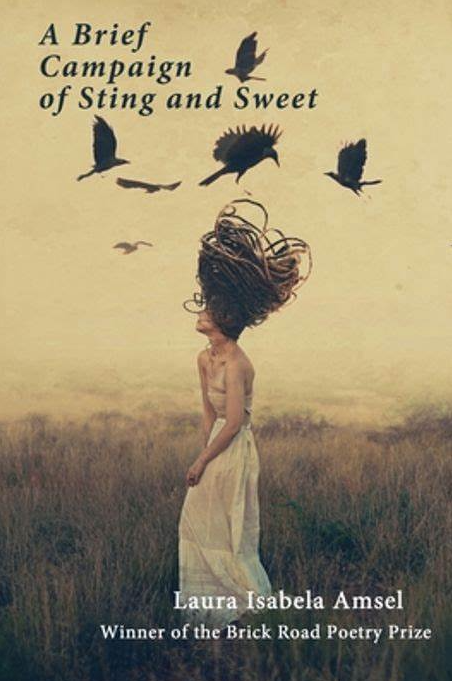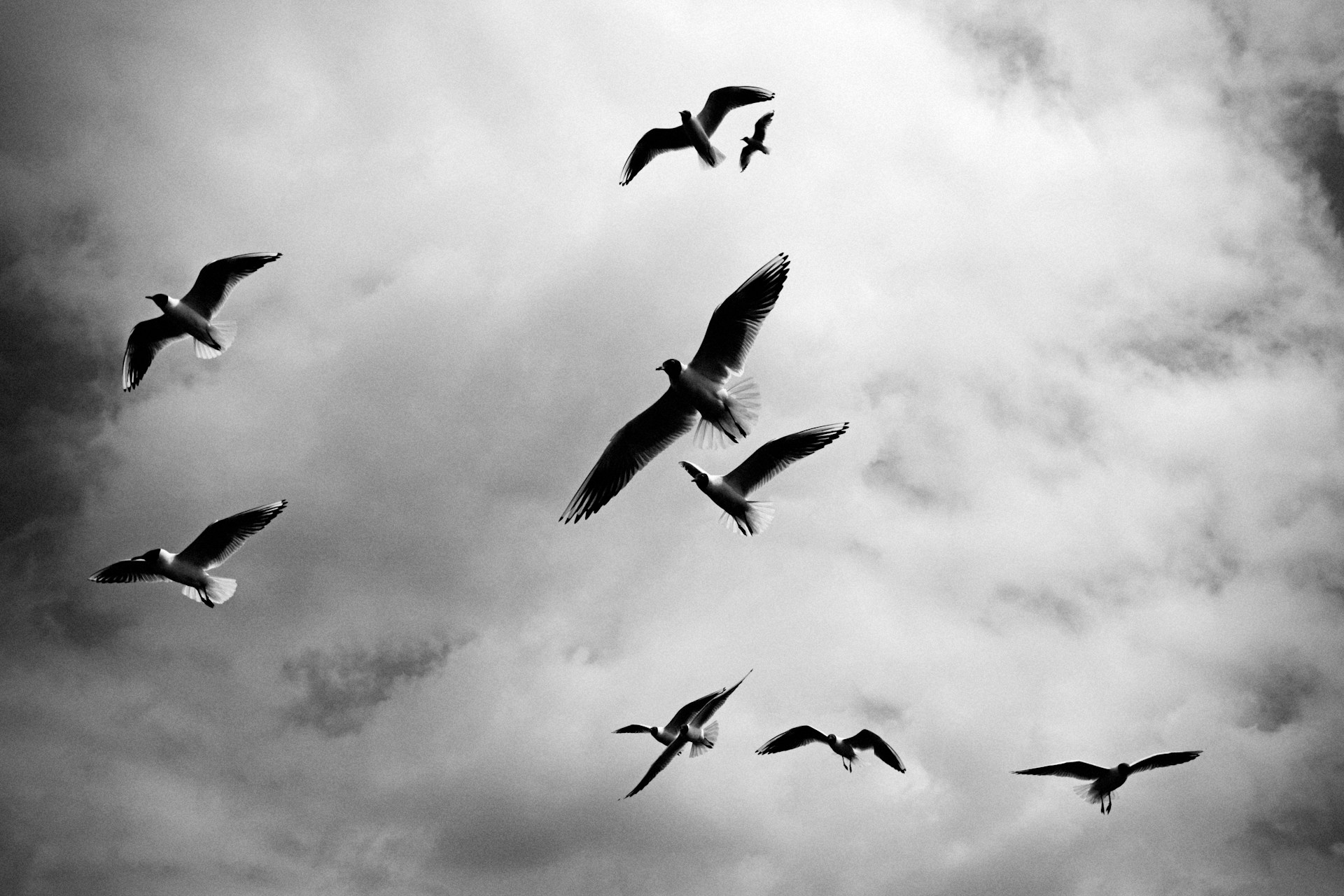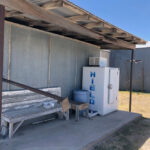by Christine Vare

In life, it’s impossible to reap the benefits of small victories without the personal battles and struggles that allow one to grow and develop. There is a constant push and pull between the forces of kindness, generosity, and love, as these emotions fight the opposition, working to reign triumphant over cruelty, selfishness, and hatred. In fact, every “Beginning will always depend on ending,” as one cannot exist without the other, no matter how difficult that truth can be. Laura Isabel Amsel contains and captures this dynamic in the poems contained within “A Brief Campaign of Sting and Sweet.” Amsel distills this human experience into vignettes that capture the causes and effects felt after dealing with a challenging father-daughter relationship, a startling divorce, and navigating the physical and mental aspects of breast cancer. While the emotions involved here can be universal human experiences, the way that Amsel writes them into her poems is wholly and uniquely her own.
The speaker of these poems is defiant: she refuses to be tamed or silenced, despite her father’s best efforts. The repeated equestrian images shed light on these tensions and spotlight the speaker’s tenacity to resist “a tight gag rigged to stop her gallop / and staunch her noisy neighing.” Many of the verses in this volume are written in skinny stanzas, filled with quick, sharp, staccato rhythms, achieved via specific word choices. In some of the poems, this rhythm serves to underscore the back-and-forth exchanges similar to a boxing match, a partner dance, or most notably, horses galloping. These lines are dynamic and kinetic, written with energy that bubbles under the surface threatening to spring forth: “and we were Brushy Creek / goddesses, queens in command / of sandy creek bottom, / of giddy, / of quick glance and grin, / of chin-nod and go.” Plentiful allusions to nature abound, in particular to bees, wolves, and salamanders, especially with regard to their hunting and feeding behaviors. But where there is raw brutality, there also lies a tender beauty.
However, the speaker is also clear to caution that while beauty can beguile and arise from seeming disaster, it can likewise transform back into something sinister, dangerous, or evil: “sweet cream / covered up in buzzing honey still stinging like the bees.” Often the pain can be contained within the speaker herself as her own body threatens to end her, forcing her to become hollow, carcass-like after surviving breast cancer. The speaker once again refuses to bend to the will or needs of others: “no numb ensemble for someone else’s pleasure.” Her body is hers and hers alone, but she also feels like a husk of herself as she moves forward. She seeks omens, faith, and healing throughout this section of the book: “An egret, she assumes, the holiest of omens, is a plastic bag / billowing in the cold.” The speaker reflects on her life via the present struggle of finding herself once more in the space “between me and not being me.”
All the while, she needs to reconcile her past and continue her pursuit of overcoming and advancing, in order to discover who she is despite her trauma. In the poem, “Moon Waiting to be Named,” her son’s game of naming moons becomes a metaphor for her own search for identity. While the moon is constant, it is likewise ever-changing through cycles and phases, much like the speaker’s roles as daughter, mom, and wife. The speaker’s children are getting older, and she is navigating how this relationship will change. She searches where “lithe words and horses hide” hoping to find “hoof-prints / left in dust,” clues, hints, and guides for her path onward, but she also doesn’t remain in a beautifully reflective space for too long.
The mood of the poems becomes more somber as she tackles the end of her marriage: “Light hovers / between stay and go.” The speaker once again turns to nature as a source of enlightenment and a means to process these complicated emotions, as she feels like “a weeping / willow; a river rushing over rocks.” She likens her home to a “mud-cupped nest,” and her husband to a “strip of razor-spikes / he hammers to the windowsill / each spring to keep the birds from nesting.” This is such an apt way to describe the differences that arose between the speaker and her husband as if nature was perhaps foreshadowing the deterioration of their marriage. The resilience of the speaker shines through as she is determined to find her lost self once more: “When did I lose you? Bold you? Brazen golden-curled you?” in her “perfumed bed of petals the past has loosed.” She recalls the times when she was reckless in her travels and is invigorated by this reunion. “I’m only collecting / evidence my life will grow back…” as she discovered a “goldfinch, / refeathered, yellow, preened to glowing.” For a final time, nature has her way and is able to reveal signs of regeneration to the speaker, as she begs the seasons to assist her in blooming into her newly imagined self: “April, get me drunk enough / on perfume to forget.”



Add your first comment to this post